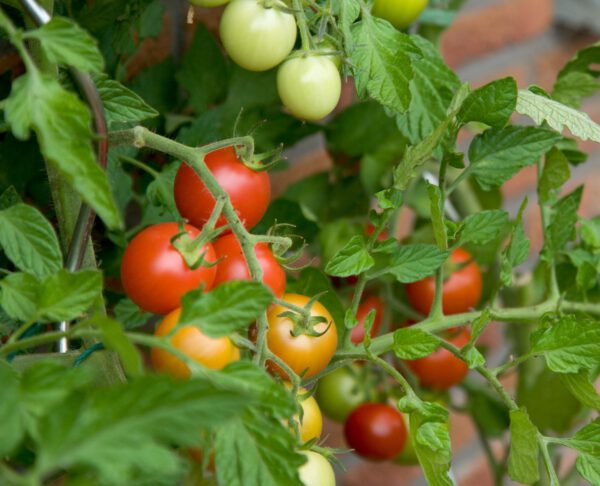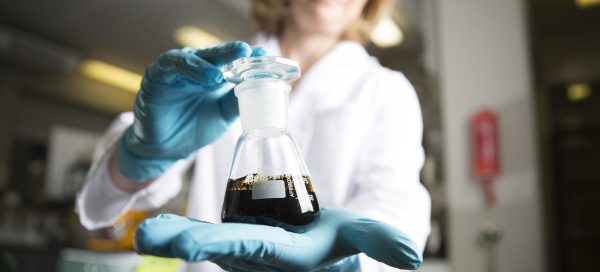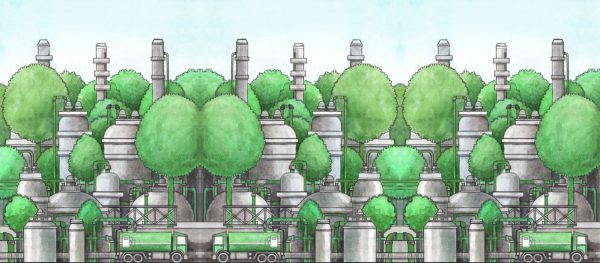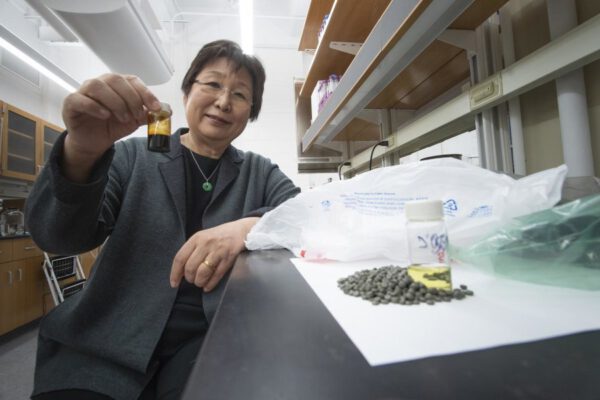-
 admin
adminNovel Cement and Building Materials from Incineration Bottom Ash
Read moreThe ASH-CEM project (2016-2019), a collaboration between Ghent University, VITO (the Flemish Institute for Technological Research), CRH, Indaver and Orbix…
00 -
 admin
adminHeating network grows tomatoes
Read moreNear Toulouse (France), an innovative heating network now connects a Waste-to-Energy plant with a tomato greenhouse. The Econotre eco-pole heating…
-
 admin
admin[:en]Team converts wet biological waste to diesel-compatible fuel[:]
Read moreDate: December 4, 2018 Source: University of Illinois at Urbana-Champaign Summary: In a step toward producing renewable engine fuels…
-
 admin
admin[:en]Ready-to-use recipe for turning plant waste into gasoline[:]
Read moreReady-to-use recipe for turning plant waste into gasoline. Credit: KU Leuven – Joris Snaet Bioscience engineers at KU Leuven,…
-
 admin
admin[:en]Millions of tons of plastic waste could be turned into clean fuels, other products[:]
Read moreA chemical conversion process developed at Purdue University allows researchers to turn recycled shopping bags into pellets into oil as…
